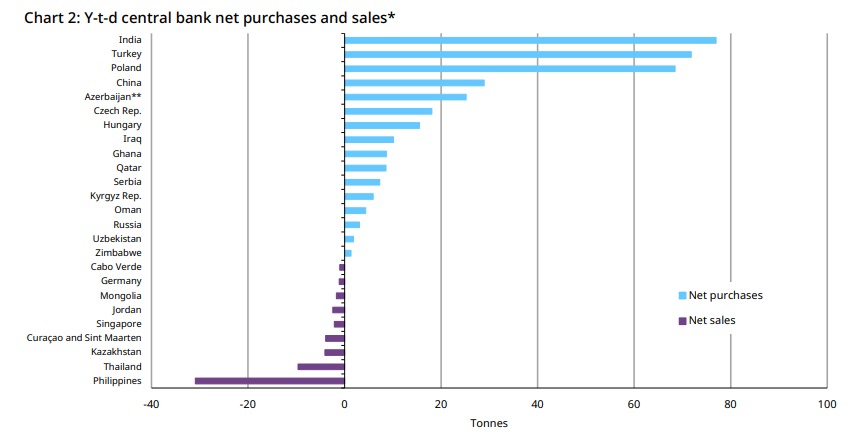
The Chief Executive of the Independent Power Producers Ghana (IPPG), Dr Elikplim Apetorgbor has said that the concerns of staff of the Volta River Authority (VRA) about job security and potential layoffs in the event of privatization are valid and must be addressed with empathy and strategic foresight.
The VRA staff has said among things in a statement rating to Dr Apetorgbor’s earlier call for privatisation of VRA plants that the biggest misinformation campaign perpetrated by Dr. Apetorgbor is that privatizing VRA will automatically result in lower electricity costs for consumers through so-called ‘efficiency gains.’
“In reality, the total cost of power from the “highly efficient” IPP Plants is significantly higher than that from VRA’s “inefficient” simple cycle Plants. Nowhere in the world are simple cycle Plants cheaper than combined cycle Plants, except in Ghana. Why is Dr. Elikplim Kwabla Apetorgbor not asking the members of his chambers to stop short-changing Ghanaians?
The most expensive and “inefficient” thermal plant of VRA is cheaper than the cheapest thermal plant of the IPPs in Ghana where Dr. Apetorgbor is the CEO of their chamber. The VRA Tema Thermal 1 Power Plant (TT1PP) has a tariff of GHp158/kWh and this is cheaper than the cheapest thermal plant of the IPP which according to Elikplim is very efficient. The AKSA plant which is an IPP thermal plant has a tariff of 164 GHp/kWh which is GHp6/kWh higher than the most expensive thermal plant of VRA.”
However, Dr Apetgrobor in a response to them said, privatization need not mean widespread job losses. Instead, it can be framed as an opportunity for upskilling and professional growth within a modernized power sector.
Measures to Address Staff Concerns
Transparent Stakeholder Engagement:
A transparent, consultative process should be initiated involving VRA management, government representatives, labor unions, and staff. This dialogue would aim to address concerns, outline the benefits of privatization, and ensure that workers’ rights are protected.
Retraining and Upskilling Programs:
As part of the privatization deal, a clause could be included to mandate retraining and upskilling programs for existing staff. Modernized plants will require technically skilled workers to operate more advanced systems, creating opportunities for VRA staff to enhance their skills and remain relevant in a dynamic energy industry.
Job Transition Guarantees:
A phased privatization process could include job transition guarantees where, for a specific period, all current staff are retained, and severance packages are negotiated for those who may eventually leave.
Local Content and Employee Welfare Provisions:
The government can include local content provisions in the privatization agreements, ensuring that a significant portion of the workforce remains Ghanaian. Additionally, employee welfare considerations such as pensions, healthcare, and fair compensation should be protected under the privatization framework.
The post Concerns of VRA staff are valid – Dr. Apetorgbor first appeared on 3News.
Read Full Story
















Facebook
Twitter
Pinterest
Instagram
Google+
YouTube
LinkedIn
RSS